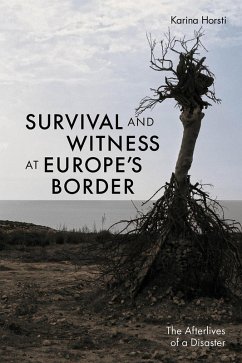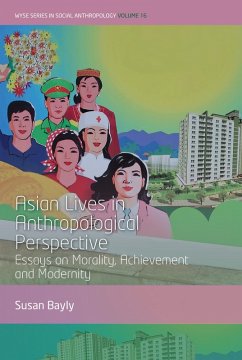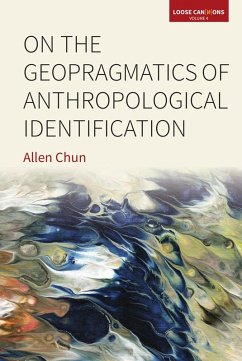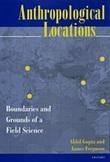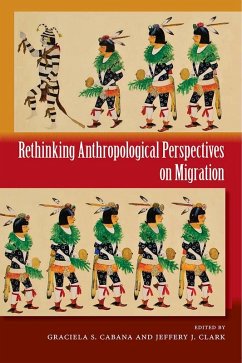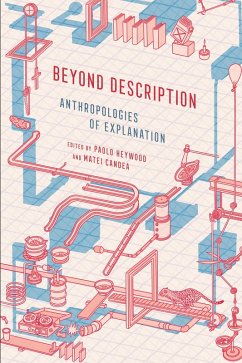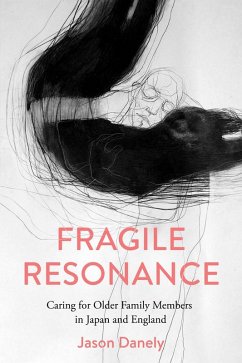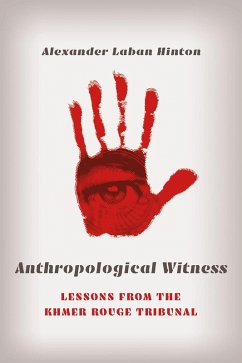
Anthropological Witness (eBook, ePUB)
Lessons from the Khmer Rouge Tribunal
Versandkostenfrei!
Sofort per Download lieferbar
15,95 €
inkl. MwSt.
Weitere Ausgaben:

PAYBACK Punkte
8 °P sammeln!
Anthropological Witness tells the story of Alexander Laban Hinton's encounter with an accused architect of genocide and, more broadly, Hinton's attempt to navigate the promises and perils of expert testimony. In March 2016, Hinton served as an expert witness at the Extraordinary Chambers in the Courts of Cambodia, an international tribunal established to try senior Khmer Rouge leaders for crimes committed during the 1975-79 Cambodian genocide. His testimony culminated in a direct exchange with Pol Pot's notorious right-hand man, Nuon Chea, who was engaged in genocide denial.Anthropological Wit...
Anthropological Witness tells the story of Alexander Laban Hinton's encounter with an accused architect of genocide and, more broadly, Hinton's attempt to navigate the promises and perils of expert testimony. In March 2016, Hinton served as an expert witness at the Extraordinary Chambers in the Courts of Cambodia, an international tribunal established to try senior Khmer Rouge leaders for crimes committed during the 1975-79 Cambodian genocide. His testimony culminated in a direct exchange with Pol Pot's notorious right-hand man, Nuon Chea, who was engaged in genocide denial.
Anthropological Witness looks at big questions about the ethical imperatives and epistemological assumptions involved in explanation and the role of the public scholar in addressing issues relating to truth, justice, social repair, and genocide. Hinton asks: Can scholars who serve as expert witnesses effectively contribute to international atrocity crimes tribunals where the focus is on legal guilt as opposed to academic explanation? What does the answer to this question say more generally about academia and the public sphere? At a time when the world faces a multitude of challenges, the answers Hinton provides to such questions about public scholarship are urgent.
Anthropological Witness looks at big questions about the ethical imperatives and epistemological assumptions involved in explanation and the role of the public scholar in addressing issues relating to truth, justice, social repair, and genocide. Hinton asks: Can scholars who serve as expert witnesses effectively contribute to international atrocity crimes tribunals where the focus is on legal guilt as opposed to academic explanation? What does the answer to this question say more generally about academia and the public sphere? At a time when the world faces a multitude of challenges, the answers Hinton provides to such questions about public scholarship are urgent.
Dieser Download kann aus rechtlichen Gründen nur mit Rechnungsadresse in A, D ausgeliefert werden.




